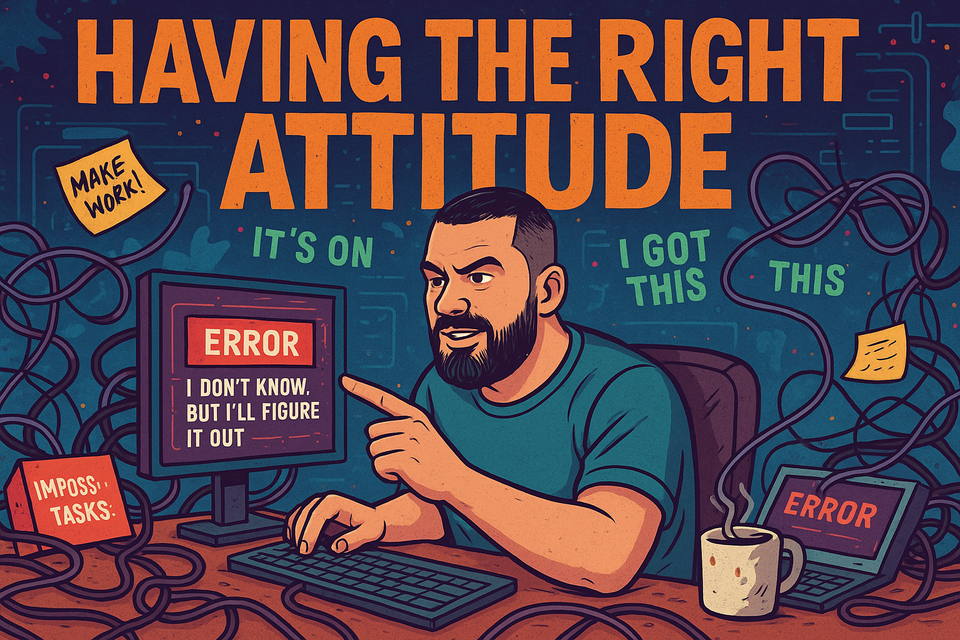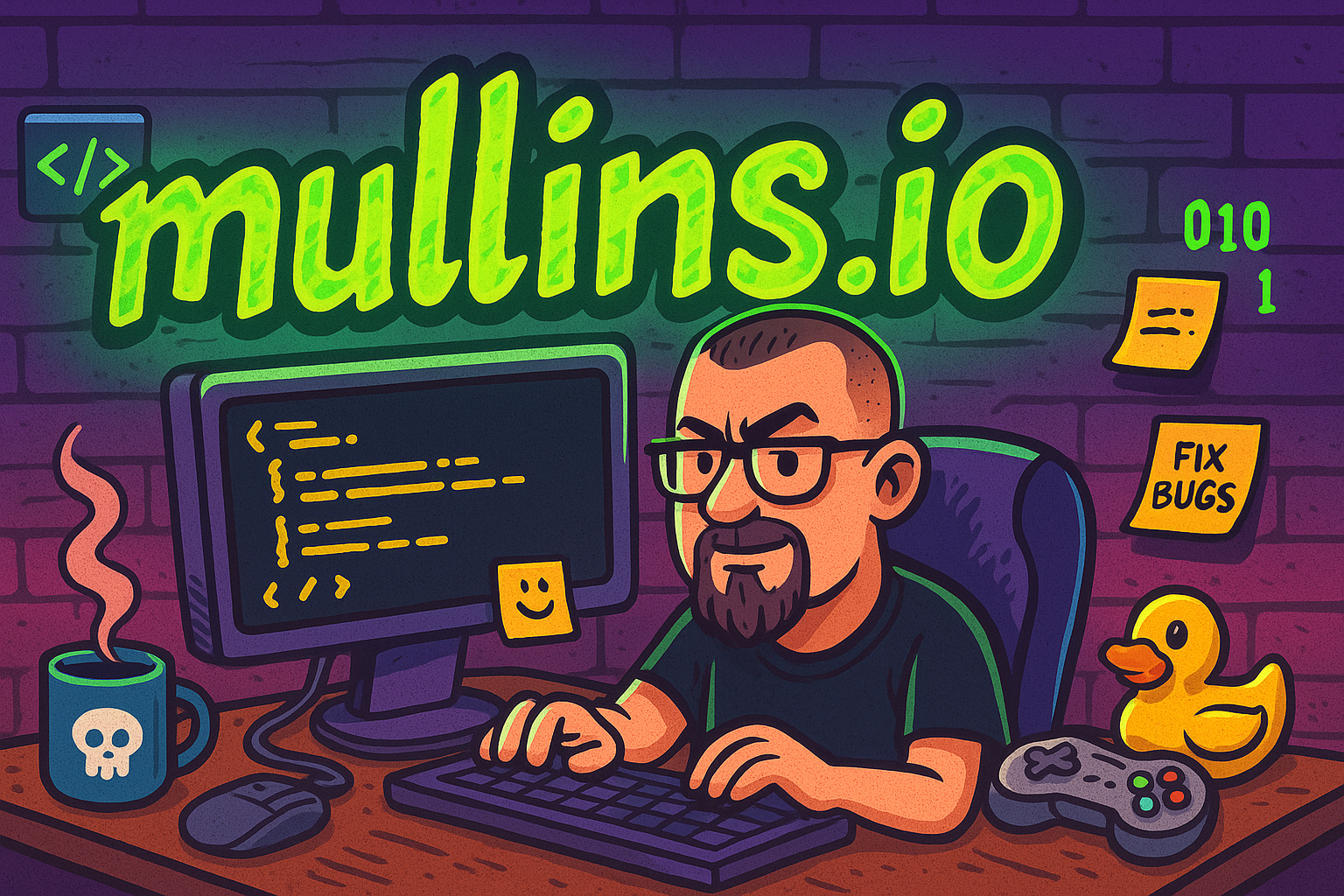The Right Attitude > Knowing Everything

Because “I don’t know, but I’ll figure it out” will take you further than pretending you’ve got it all handled.
I’ve been in software development for over 12 years now, and I’ve changed a lot since those early projects.
Back then, I’d get assigned something and have zero idea how to do it. None. I’d still figure it out, but when someone asked how it was going, my answer was usually:
“I don’t know.”
And to be honest? I still say that.
But now it sounds more like:
“I don’t know yet—but I’ll figure it out.”
That one tiny add-on changes everything.
You Don’t Need All the Answers
If you already know how to do everything, congrats, you’re about to get very bored.
The truth is, your manager isn’t expecting you to have all the answers. They’re expecting you to find them. What they want to see is curiosity, effort, and resourcefulness.
The attitude of “I’ll figure it out” shows ownership, confidence, and a growth mindset.
Bring Problems, But Also Bring Possibilities
Don’t just roll up to your manager and say:
“This is impossible.”
“I don’t know how.”
“We can’t do this.”
Bring them context and potential paths forward.
Try:
“This task is complex, but I’m going to try X or Y to see what gets us closer.”
Or:
“I’m stuck at Z, but I think it’s related to [thing]. Mind if I bounce some ideas off you once I dig deeper?”
This kind of thinking builds trust. You’re showing that you don’t just identify problems, you’re actively working toward solutions.
Skill Is Great. Attitude Is Better.
Give me a slightly less experienced developer who:
Tries hard problems
Thinks through solutions
Seeks help when they hit a wall
Comes prepared with ideas
…over a super-senior dev who throws up their hands the moment things get messy.
Being a great dev isn’t about knowing everything.
It’s about knowing how to move forward when you know nothing.
Interviews Aren’t IQ Tests, They’re Problem-Solving Labs
When I interview someone, I’m not looking for textbook-perfect answers. I want to see:
How do you think under pressure
How you approach the unknown
Whether you can communicate your thought process clearly
Tell me:
“I was thinking of solving [problem] using [approach]. I think it’ll work because of A, B, and C, but I can’t figure out how to handle [Z]. What would you do?”
That’s gold. That’s what real-life collaboration sounds like.
Reframing Is Everything
Try these rewrites:
| Instead of... | Say this... |
|---|---|
| "I don’t know how to solve this." | "I’m not sure yet, but I’m thinking of trying X." |
| "I’m having a problem with [person]." | "I’m running into challenges with [person]. I think doing Y might help—what do you think?" |
| "This task is impossible." | "This one’s tough. I’ll explore some ideas and circle back with options." |
That mindset shift? It changes how people see you, and how you see yourself.
TL;DR
Attitude beats expertise.
Solutions matter more than complaints.
Curiosity outperforms perfection.
You’ll go far in this industry if you keep showing up, stay humble, and refuse to let “I don’t know” be the end of the sentence.
“I don’t know, but I’ll figure it out.”
Say it enough, and it becomes your superpower.
✊ mullins.io
Real thoughts from a dev who still googles things daily.
Hey, since you made it this far, you might actually care about becoming a better leader.
Good news: I wrote an ebook that’ll help you skip years of trial and error.




Comments ()